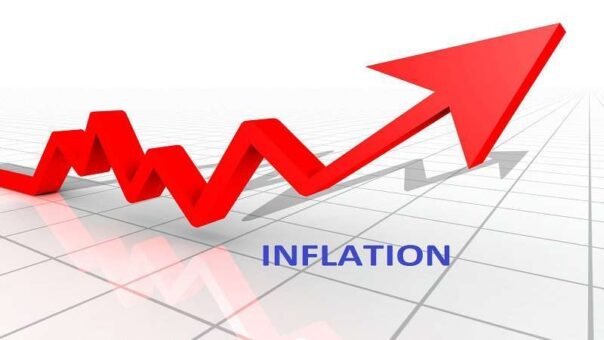Karachi, March 27, 2024 – Insight Research analysts have forecasted that the inflation rate for March 2024 is expected to reach 20.8 percent, marking a notable decrease from the previous year’s figures.
This projection comes amidst various economic indicators and factors influencing the country’s inflationary trends.
Analysts noted that after nearly three years, the real interest rate is set to turn positive in March 2024. This shift is significant and indicates a potential change in the economic landscape since the last positive real interest rate was recorded.
The anticipated headline inflation rate of 20.8 percent for March 2024 reflects a decline from 23.1 percent recorded in the preceding month. Moreover, it marks a substantial contraction from the 35.4 percent inflation rate during the same period last year (SPLY). This decrease in inflation is primarily attributed to the high base effect.
However, on a Month-on-Month (MoM) basis, inflation is projected to increase by 1.8 percent, contrasting with the minimal rise observed in February 2024. This upward trajectory in MoM inflation is largely propelled by a 290 basis points surge in the food index, possibly influenced by the onset of Ramadan. The Sensitive Price Indicator (SPI) for the initial two weeks of March registered a Week-on-Week (WoW) increase of 1.11 percent and 1.35 percent respectively, reflecting a surge in food basket prices due to Ramadan festivities.
Despite this, the most recent SPI exhibited a decline of 1.13 percent Week-on-Week (WoW). The March 2024 Consumer Price Index (CPI) is expected to elevate the average CPI for July – March 2023-24 to 27.23 percent, slightly higher than the 27.19 percent recorded during the SPLY.
Analyzing the SPI basket, significant price increases were noted in items such as Tomatoes (54.2 percent increase), Fresh Fruits (47.4 percent increase), Potatoes (25.5 percent increase), Onions (24.4 percent increase), and Fresh Vegetables (3.9 percent increase). Conversely, prices of items such as Chicken (4.6 percent decrease), Cooking Oil (3.2 percent decrease), Wheat Flour (1.5 percent decrease), and Vegetable Ghee (1.2 percent decrease) experienced a decline during the month under review.
The downward trend in headline inflation observed in recent months can be attributed to the high base effect and a stable currency. Analysts anticipate that this base effect will become more pronounced in the upcoming months, potentially resulting in CPI falling below the 20% mark. However, with the country entering another IMF program, the upcoming budget is expected to introduce fiscal measures aimed at addressing structural issues, which could impact inflation projections negatively.
Given the positive real interest rates, the State Bank of Pakistan (SBP) may contemplate initiating monetary easing in the upcoming Monetary Policy Committee (MPC) meeting. However, any decline is likely to occur gradually due to various factors that could push inflation estimates upward.
Analysts remain vigilant, closely monitoring economic indicators and policy developments to provide timely insights into the evolving inflationary landscape and its implications for the economy and the general populace.
